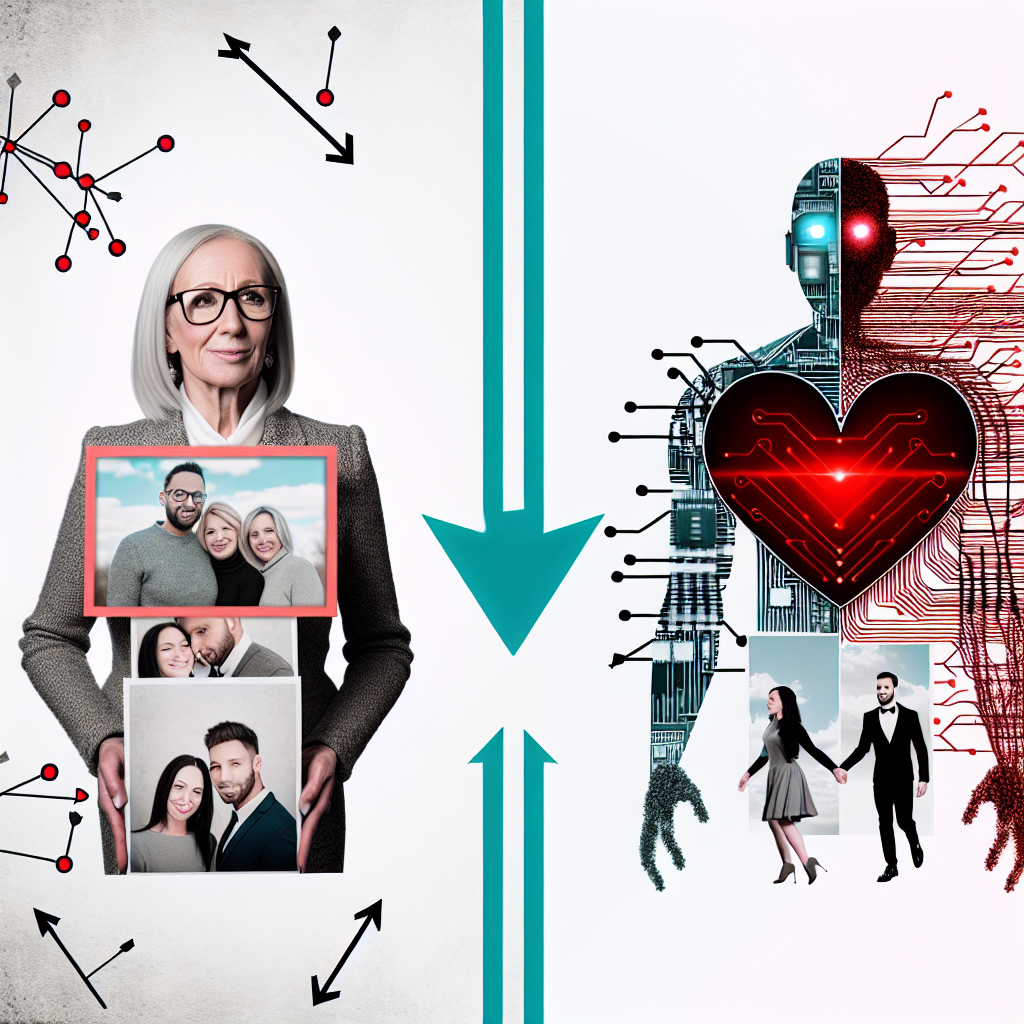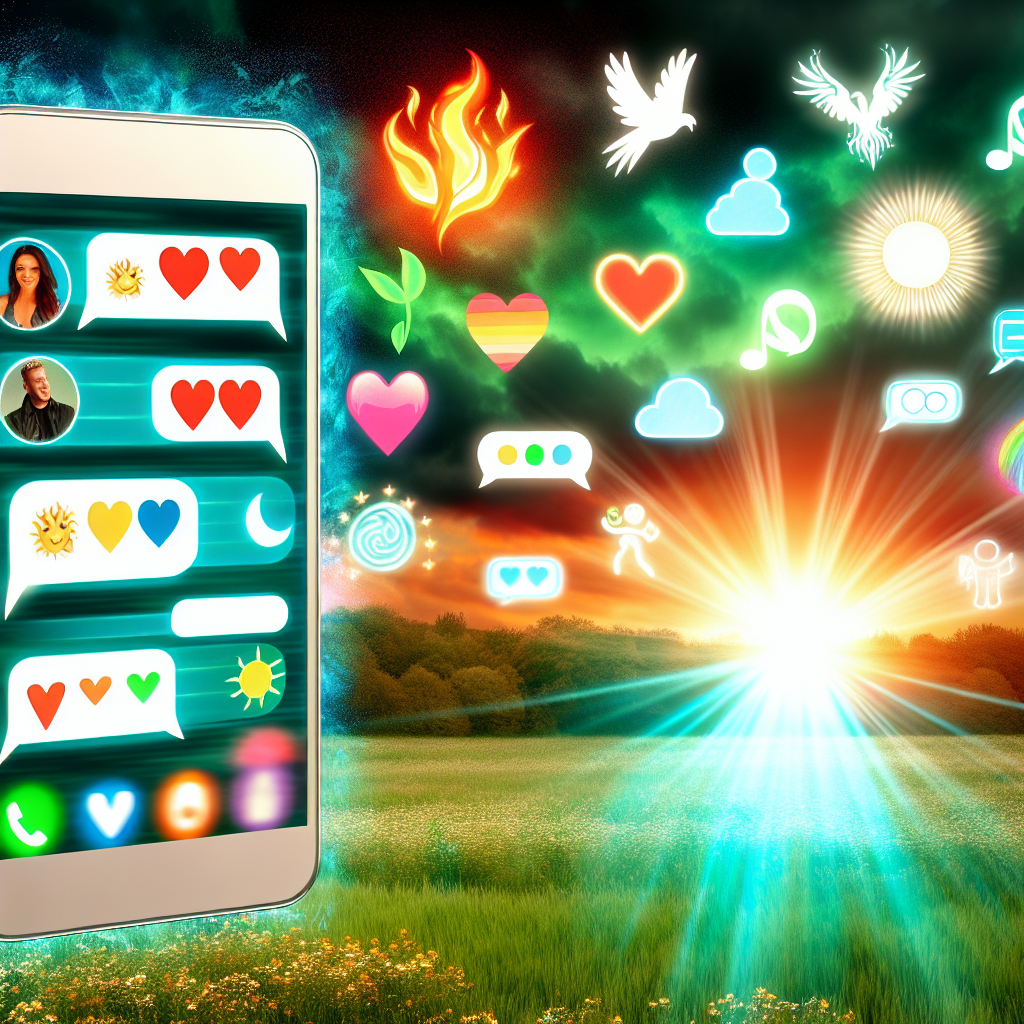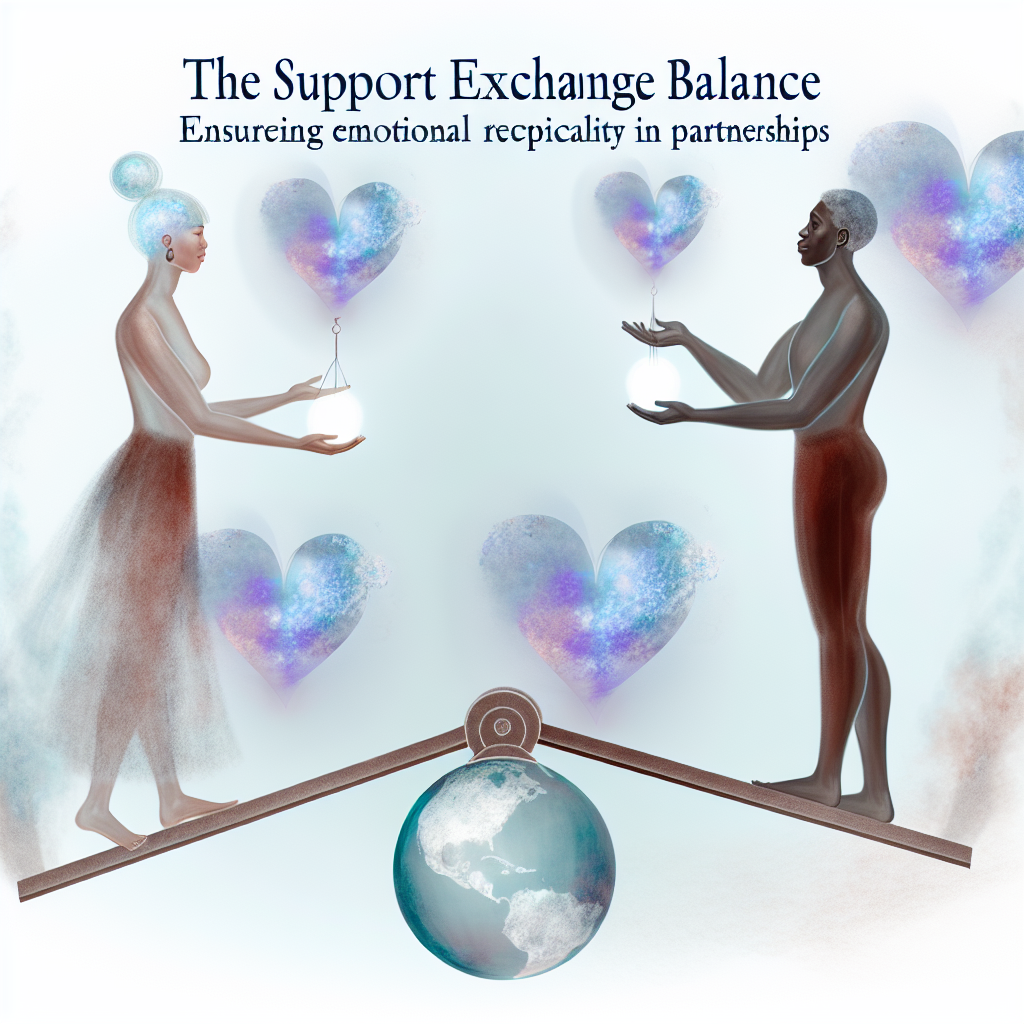Beyond Algorithms: Why Human Matchmakers Outperform AI in Creating Lasting Connections
Introduction
In today’s digital age, dating has become more algorithm-driven than ever. From swiping right on Tinder to meticulously curated compatibility matches on platforms like eHarmony and OkCupid, artificial intelligence (AI) has become the backbone of modern matchmaking. These AI-driven platforms promise love through sophisticated data analysis, personality assessments, and behavioral tracking. However, despite technological advancements, many singles feel increasingly frustrated by the transactional nature of online dating. The pursuit of meaningful, lasting connections remains elusive for many.
While AI can efficiently filter potential matches based on shared interests, values, and demographics, it lacks the emotional intelligence and nuanced understanding of human attraction and chemistry. Human connections are built on more than statistics; they require intuition, empathy, and an appreciation for subtleties that algorithms cannot quantify. This is where professional human matchmakers shine.
Human matchmakers excel at considering elements that AI-driven apps overlook—such as body language, emotional readiness, past relationship patterns, and even subconscious preferences. These experts personally vet and match clients with a hands-on approach, providing guidance, coaching, and a deeper understanding of what makes someone truly compatible. Unlike AI, human matchmakers dynamically adapt to feedback, recognizing that attraction isn’t always reducible to data points.
Moreover, studies indicate that while AI is excellent at predicting short-term attraction based on initial compatibility metrics, human-curated matches have a greater success rate in fostering long-term connections. Matchmakers assess potential matches holistically, incorporating cultural background, emotional intelligence, and personal growth into their selections. They also take time to understand their clients’ personalities, offering insights and personalized suggestions that go far beyond algorithmic compatibility.
This article delves into why human matchmakers continue to outperform AI systems when it comes to creating lasting, meaningful relationships. We’ll explore scientific studies supporting the efficacy of human matchmaking, the psychological aspects AI fails to grasp, and why hiring a professional matchmaker might be the smarter choice for singles looking for true love.
The Limits of AI in Predicting Long-Term Compatibility
Numerous studies indicate that while AI can facilitate initial attraction, long-term relationship compatibility is more complex than data-driven matchmaking. A 2013 study published in Psychological Science in the Public Interest found that while online dating platforms effectively introduce people, their algorithms fail to account for interpersonal dynamics that unfold over time ([source](https://journals.sagepub.com/doi/10.1177/1529100612466525)). The study, led by Dr. Eli Finkel of Northwestern University, concluded that the science behind computerized matchmaking lacks predictive power when it comes to long-term relationships.
AI algorithms rely primarily on stated preferences, survey responses, and behavioral patterns observed in dating apps. However, a study published in PNAS (Proceedings of the National Academy of Sciences) in 2020 highlighted that human attraction is influenced by non-verbal communication, scent, voice tone, and emotional intelligence—factors that AI struggles to quantify ([source](https://www.pnas.org/content/117/37/22698)).
The Human Element in Matchmaking: A Personalized Approach
In contrast, human matchmakers apply psychology, intuition, and social skills to facilitate deeper connections. A study in the Journal of Social and Personal Relationships found that personal matchmaking services yield a higher chance of long-term relationship success because matchmakers consider psychological traits, social compatibility, and emotional readiness ([source](https://journals.sagepub.com/doi/full/10.1177/0265407517736751)).
Human matchmakers also provide a curated experience, taking into account body language, first impressions, and emotional depth—elements that AI struggles to measure. In contrast to AI-driven swipe culture, which prioritizes instant gratification, matchmakers focus on deeper compatibility, fostering relationships that grow organically over time. This personalized touch has been linked to higher relationship satisfaction and longevity.
The Psychological Aspect: Why Human Connections Matter
Neuroscience suggests that human attraction is a layered phenomenon that no algorithm can fully map. The brain processes romantic attraction through a combination of dopamine (associated with pleasure), oxytocin (linked to bonding), and serotonin (which influences mood and attachment). While AI-based platforms rely on demographic and interest-based matching, human matchmakers prioritize these intrinsic emotional and psychological factors when introducing two people.
Furthermore, the coaching and guidance provided by matchmakers improve dating confidence, helping singles navigate the complexities of relationships. Matchmakers help clients refine their relationship goals and develop emotional awareness, making them more likely to form strong, lasting partnerships.
Conclusion: The Irreplaceable Human Touch in Love
While AI-driven dating apps have revolutionized the matchmaking landscape, they fall short when it comes to fostering genuine, long-term romantic connections. Human matchmakers offer a depth of understanding and emotional intelligence that no algorithm can replicate. From their ability to consider psychological factors to their personalized matchmaking strategies, human experts prove to be superior in creating lasting love. Investing in professional matchmaking isn’t just about finding a date—it’s about building a meaningful, enduring partnership.
As technology advances, one thing remains clear: the human touch is irreplaceable in the art of love and matchmaking.
References
– **Finkel, E. J., et al.** (2013). “Online Dating: A Critical Analysis from the Perspective of Psychological Science.” *Psychological Science in the Public Interest*. [Read here](https://journals.sagepub.com/doi/10.1177/1529100612466525).
– **Joel, S., et al.** (2020). “Machine Learning Predicts Initial Attraction in Online Dating but Not Long-Term Success.” *PNAS*. [Read here](https://www.pnas.org/content/117/37/22698).
– **Karbowski, A., et al.** (2017). “The Role of Non-Verbal Cues and Psychological Traits in Perceived Attractiveness.” *Journal of Social and Personal Relationships*. [Read here](https://journals.sagepub.com/doi/full/10.1177/0265407517736751).
Concise Summary:
This article explores why human matchmakers outperform AI-driven dating apps in creating lasting, meaningful connections. While AI can efficiently filter potential matches, it lacks the emotional intelligence and nuanced understanding of human attraction. Human matchmakers excel at considering factors like body language, emotional readiness, and psychological compatibility, leading to higher long-term relationship success rates. The article delves into the limitations of AI in predicting long-term compatibility, the personalized approach of human matchmakers, and the importance of the human touch in fostering genuine connections.

Dominic E. is a passionate filmmaker navigating the exciting intersection of art and science. By day, he delves into the complexities of the human body as a full-time medical writer, meticulously translating intricate medical concepts into accessible and engaging narratives. By night, he explores the boundless realm of cinematic storytelling, crafting narratives that evoke emotion and challenge perspectives. Film Student and Full-time Medical Writer for ContentVendor.com




